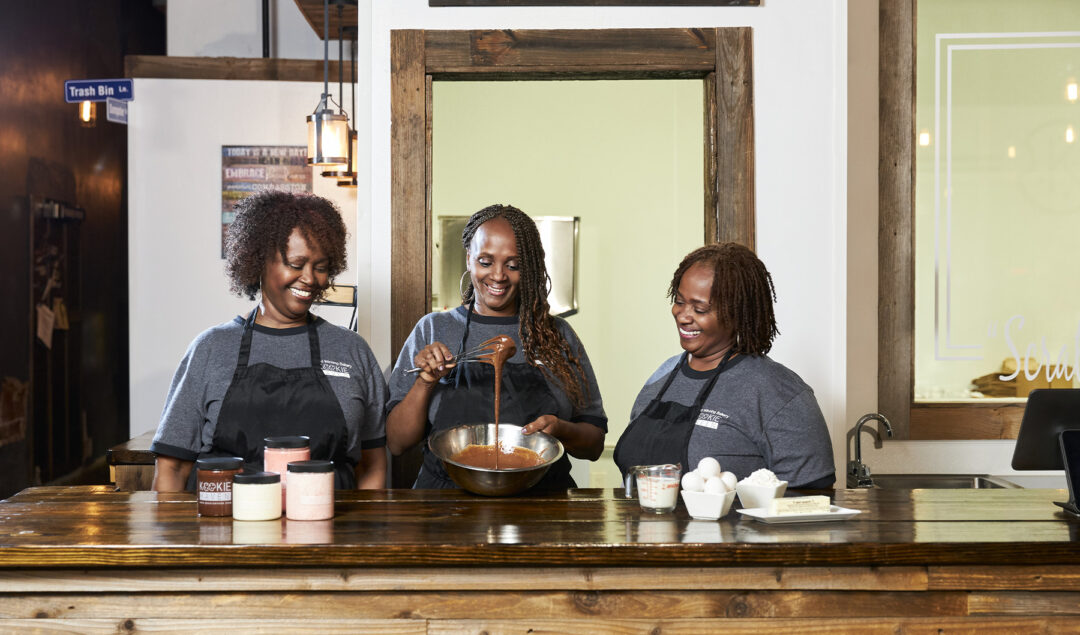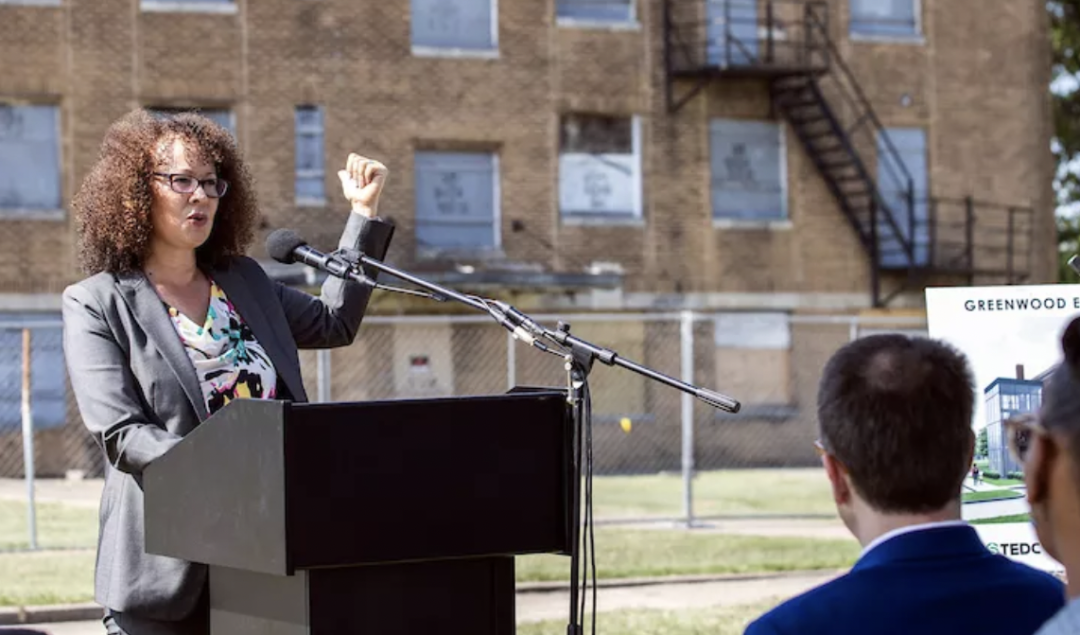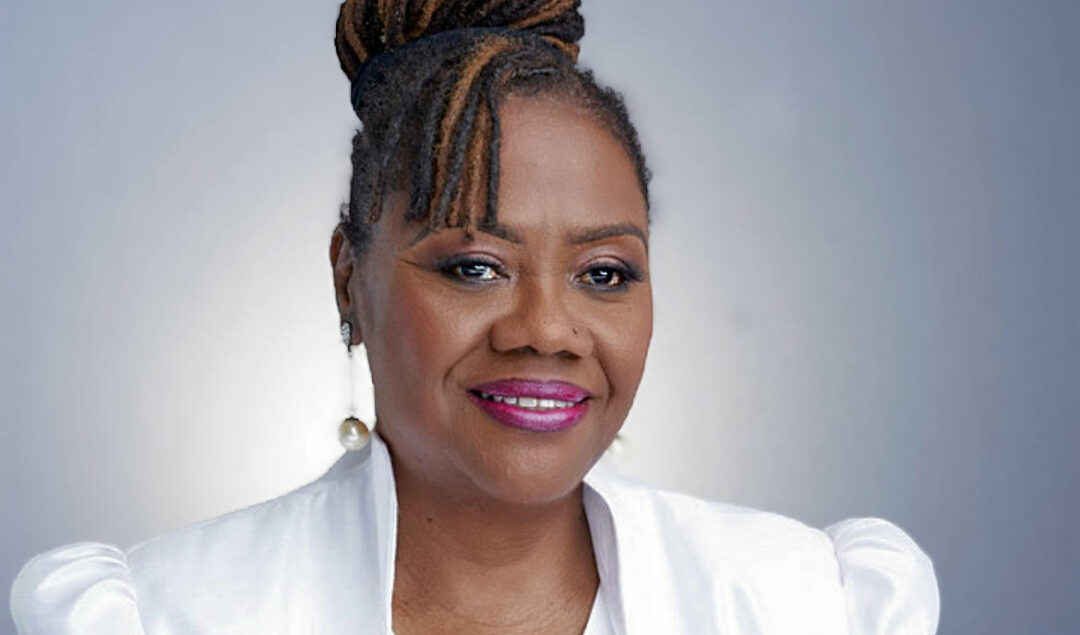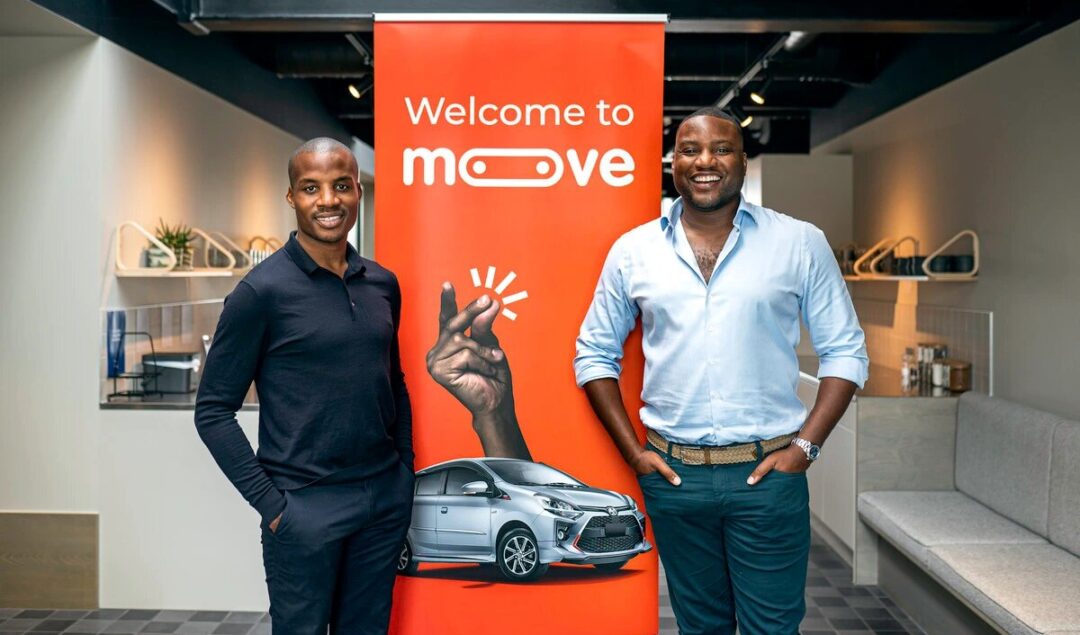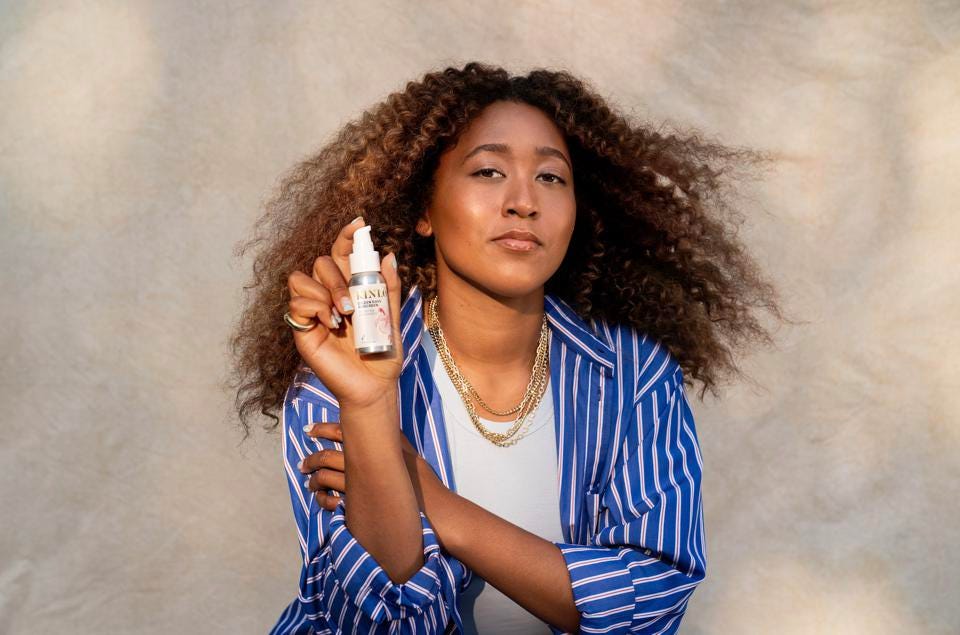Minority-owned local businesses performed better and boosted business among white consumers when they revealed their race on digital platforms such as Yelp, a new study has found. The study was co-authored by Harvard Business School Professor Michael Luca, Abhay Aneja at the University of California-Berkeley, and Oren Resehf of Washington University in St. Louis. Yelp’s Black-owned business label They analyzed Yelp’s new “Black-owned business” label feature online. The label aims to support Black entrepreneurs by increasing the visibility of Black-owned businesses among consumers who rely on Yelp for information. The
Greenwood’s Moton Hospital, which once served victims of the 1921 Tulsa Race Massacre, is being restored as a business resource and incubator hub for Black entrepreneurs. Moton Hospital Originally known as the Maurice Willows Hospital, the Moton Hospital was erected after the devastating 1921 Tulsa Race Massacre. The Tulsa Race Massacre was a two-day-long white supremacist terrorist massacre between May 31 and June 1, when mobs of white residents attacked Black residents and destroyed homes and businesses in the Greenwood District in Tulsa, Oklahoma. The North Tulsa hospital offered critical
Black Women Empowered, a global platform aimed to inspire women of color, has launched the Black Women Empowered Business Network. The platform will unite leading business and inspiring leaders to share their roadmap to success. Black women are the fastest growing group of entrepreneurs, according to a Harvard Business Review report that found that 17% of Black women are in the process of starting or are running new businesses, compared to 10% of white women and 15% of white men. Additionally, while Black women represent 14% of the female population,
Companies that report workforce demographic data outperform those that don’t, according to a new analysis by JUST Capital. JUST Capital found that Russell 1000 companies that publicly disclose data on the gender, race, and ethnicity of their workforce by job category more than tripled between 2021 and 2022, increasing from 11% to 34%. Moreover, companies that disclose such demographic data outperform those that don’t by 7.9%. Diversity is good for business A 2015 McKinsey study previously showed that the country’s most racially diverse companies were 35% more likely to have financial returns above their
B2B startup Vori has raised $10 million in Series A funding. The funding round was led by Silicon Valley-based venture fund, The Factory, and included participation from Greylock, E2JDJ, MKT1, and Mollie Stone’s Markets. Vori, founded in 2019 by Brandon Hill, Robert Pinkerton, and Tremaine Kirkman, is revolutionizing the grocery industry with its B2B operating system. Vori’s platform is committed to enhancing retailers’ inventory workflows by digitizing traditionally labor-intensive processes. Their work unlocks the data required for grocery retailers, brands, and distributors to effectively address food access and food waste
Sexual harassment, bullying, and racist stereotyping are common in the technology industry, creating a culture that drives underrepresented employees out of their jobs. This is something we’ve known for a while due to the extensive studies and investigations. A 2017 survey of more than 2,000 people who left tech jobs in the last three years found that 1 in 10 women in tech experience unwanted sexual attention, and nearly 1 in 4 people of color face stereotyping. The same year the study was published, Qichen Zhang quit her job at
Black-led fintech startup, Moove, raises $20 million in investment funding from the British International Investment (BII) program, formerly known as the CDC. The investment reflects the BII’s plans to build a resilient market in Nigeria, providing access to various economic opportunities for upcoming businesses while simultaneously accelerating the country’s limitless entrepreneurial spirit. Moove, co-founded by Jidi Odunsi and Ladi Delano in 2020, is a mobility fintech platform that provides revenue-based vehicle financing to mobility entrepreneurs across Africa. The co-founders, both British-born Nigerians with degrees from the London School of Economics
London and Kenyan-based educational entertainment company, Kukua, has raised $6 million in its latest investment round. The funding round was co-led by world-leading technology company Tencent and Italy-based VC Alchimia and included participation from EchoVC, Firstminute Capital, and Auxxo Female Catalyst. Kukua, co-founded by Alexandre Terrien and Lucrezia Bisignani in 2015, uses technology to create magical learning experiences for children centered around a universe of superhero characters. The company is best known for creating the first-ever African animated superhero series, ‘Super Sema,’ and aims to empower the children of the
Athlete and activist Colin Kaepernick and his partner’s Canadian businessman Jim Nikopoulos and activist Akim Aliu have made a seed investment in Naomi Osaka’s KINLÒ brand with Kaepernick joining the brand’s board of directors. Osaka has also brought on a new brand President, Mia Meachem, who joins KINLÒ with over 20 years of brand marketing experience with roles across notable beauty brands including Drunk Elephant – a part of the Shiseido organization, The Estee Lauder Companies, and Burt’s Bees. In her new role as President, Meachem will help to drive
Crunchbase data shows that while funding to Latinx founders has increased in dollar terms—from $1.7 billion in 2017 to $6.8 billion in 2021—that growth only slightly outpaced the overall increase in U.S. venture capital investments, leaving Latinx startup funding stuck stubbornly at around 2 percent of the overall startup investment pie. Meanwhile, the data shows early-stage funding, arguably the most critical phase, has stagnated almost completely in recent years, according to a report by Ctunchbase. These numbers are confusing considering Latinx-founded businesses made up about half of the net new small

